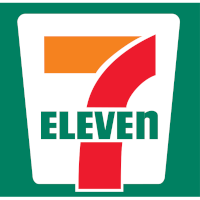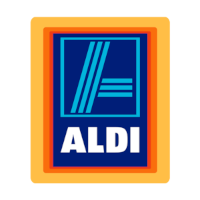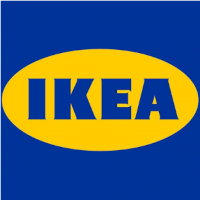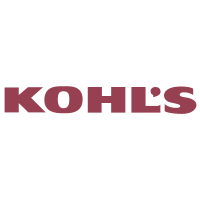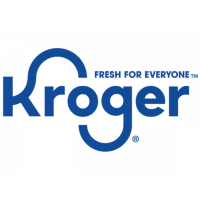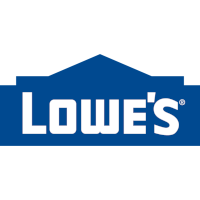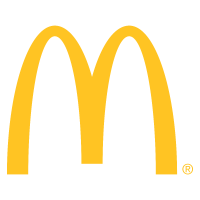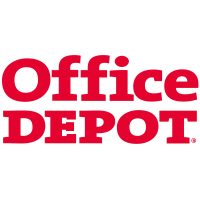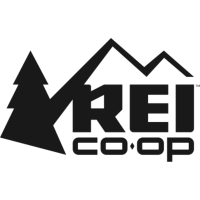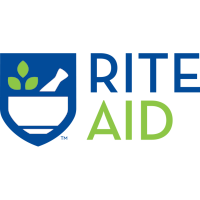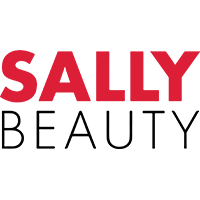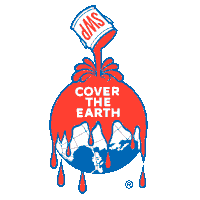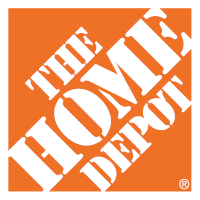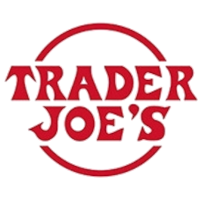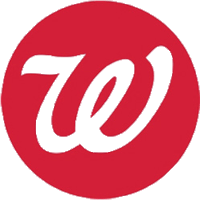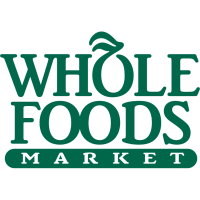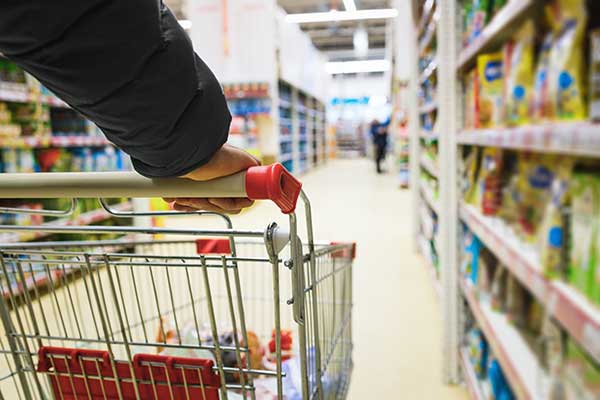Subsidiaries of Canadian Tire

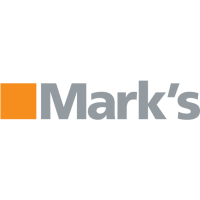


Key Findings and Recommendations
- Corporate Commitment: Canadian Tire has a public safer chemicals policy, which includes a preference for safer alternatives. The company should participate in the Chemical Footprint Project survey to improve its chemicals management and publicly support governmental policies to reduce chemicals and plastics of high concern.
- Transparency: Canadian Tire has been working with UL WERCSmart to collect data on its formulated products for compliance with its chemical restrictions and to identify products with chemicals of high concern to develop targeted approaches for transitioning to safer alternatives. In 2021, the company conducted third-party testing on a range of products to determine supplier compliance with its chemical restrictions. The company should expand its accountability measures to ensure supplier compliance with its chemical restrictions, evaluate its chemical footprint, and require ingredient disclosure to consumers.
- Ban the Bad: Canadian Tire has adopted restrictions on certain chemicals of high concern in various product categories, such as brominated flame retardants, methylene chloride, N-Methylpyrrolidone (NMP), formaldehyde, and PVC plastic. Canadian Tire has a goal to eliminate packaging materials with PVC, polystyrene, and other packaging by 2025 for its private-label suppliers. The company has also been working to replace certain bisphenols in receipt paper, PFAS from DWR treatments, and PVC from outdoor water sport goods, but has not set timelines for these efforts. The company should set clear, time-bound goals to reduce and eliminate these and other chemicals and plastics of high concern and take a class-based approach to chemicals such as bisphenols.
- Safer Solutions: Canadian Tire has redesigned some textile products to eliminate the need for a chemical replacement by eliminating antimicrobials where they provide no benefit to consumers. The company should join other retailers by publicly committing to invest financial resources in tools and research to help its suppliers evaluate safer alternatives to chemicals and plastics of high concern. The company should also certify private-label products to credible third-party standards, such as EPA Safer Choice.
2024 Detailed Analysis of Canadian Tire
Corporate Chemicals Policy
Adopted a safer chemicals policy
Oversight
Established management oversight
Chemical Footprint Project (CFP)
Participated in the CFP
Collaboration
Actively participates in collaborative process to promote safer chemicals
Public Policy Support
Supported governmental policies to reduce chemicals or plastics of high concern
Supply Chain Disclosure
Brands report use of chemicals or plastics in products or packaging to retailer
Supplier Accountability
Ensures supply chain accountability for chemicals or plastics restrictions
Consumer Disclosure
Brands disclose use of chemicals or plastics to consumers
Chemical Footprint Calculation
Publicly disclosed its chemical footprint
Restricted Substances List (RSL)/Manufacturing Restricted Substances List (MRSL)
Reduction/Elimination Goals
Chemicals and Plastics Reduction
Reduced or eliminated toxic chemicals or plastics of high concern
Safer alternative definition
Adopted a definition of safer alternative consistent with Washington state
Investment in Safer Solutions
Invested financial resources to advance and drive development of safer solutions
Implementation of Safer Solutions
Replaced chemicals or plastics of concern with safer solutions
Quantified Safer Products
Measured and disclosed progress towards safer products
How does Canadian Tire compare to its competitors?
Previous Grade History
NOTE: Our evaluation criteria changed in 2024. The scores from previous review years through 2021 are based on a different set of criteria measured.
Click or tap on a grade year to review additional details (where available).




